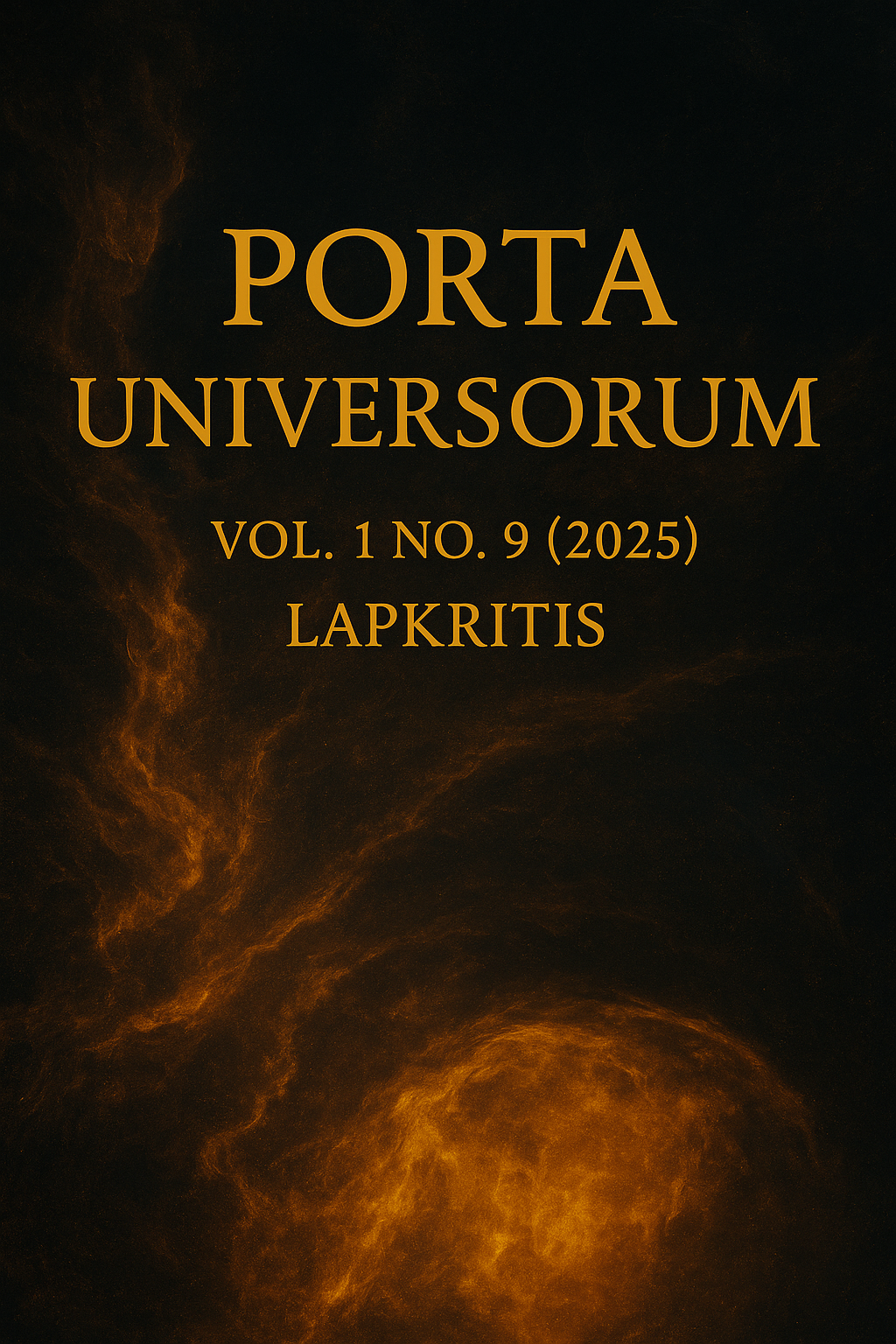The Role of Emotional Intelligence in Enhancing Translation Quality
DOI:
https://doi.org/10.69760/portuni.0109006Keywords:
emotions, translation quality, emotional intelligence, cognition, translator performanceAbstract
Emotions are a central part of human cognition and decision-making, and translation, being a cognitively demanding task, is not an exception. The present paper aims to address how translators' emotional states influence the quality of their work with respect to accuracy, creativity, and meaning interpretation. It also claims that emotional balance and emotional intelligence help a translator maintain tone, style, and nuance in the target language. The study also points out that both positive and negative emotions have differential effects on concentration and decision-making processes. Finally, it suggests that psychological and emotional awareness components should be integrated into training programs as a way to enhance translators' overall performance and resilience.
References
Costa, A., & Kallick, B. (2014). Emotional intelligence and translation performance: An exploratory study. Meta: Translators’ Journal, 59(3), 487–506.
Gile, D. (2009). Basic concepts and models for interpreter and translator training. John Benjamins Publishing.
House, J. (2015). Translation quality assessment: Past and present. Routledge.
Hubscher-Davidson, S. (2013). The translator’s emotional engagement: Affective dimensions in translation practice. The Translator, 19(2), 155–176.
Hubscher-Davidson, S., & Lehr, C. (2021). Improving the emotional intelligence of translators: A roadmap for an experimental training intervention. Springer Nature.
Kussmaul, P. (1995). Training the translator. John Benjamins Publishing.
Lahodynskyi, O., Bohuslavets, A., Nitenko, O., Sablina, E., Viktorova, L., & Yaremchuk, I. (2019). The Emotional Intelligence of the Translator: an Integrated System of Development. Romanian Journal for Multidimensional Education/Revista Românească pentru Educaţie Multidimensională, 11(3).
Mead, R., & Bache, C. (2011). Emotions in professional translation: Stress, motivation, and resilience. Translation & Interpreting Studies, 6(1), 42–64.
Nord, C. (2005). Text analysis in translation: Theory, methodology, and didactic application of a model for translation-oriented text analysis. Rodopi.
Pym, A. (2010). Exploring translation theories. Routledge.
Qiu, G. (2023). Towards the effects of translators’ emotional intelligence and anxiety on their translation quality. Heliyon, 9(9).
Setton, R. (2002). Translation and cognition. John Benjamins Publishing.
Shreve, G. M., & Angelone, E. (Eds.). (2010). Translation and cognition. John Benjamins Publishing.
Downloads
Published
Issue
Section
License
Copyright (c) 2025 Porta Universorum

This work is licensed under a Creative Commons Attribution-NonCommercial 4.0 International License.
License Terms
All articles published in Porta Universorum are licensed under the Creative Commons Attribution–NonCommercial 4.0 International License (CC BY-NC 4.0). This license permits:
-
Sharing (copying and redistributing the material in any medium or format),
-
Adapting (remixing, transforming, and building upon the material),
-
for non-commercial purposes only,
-
with proper attribution to the original author(s) and source.
Commercial use of the material is not permitted without prior written permission from the publisher.




